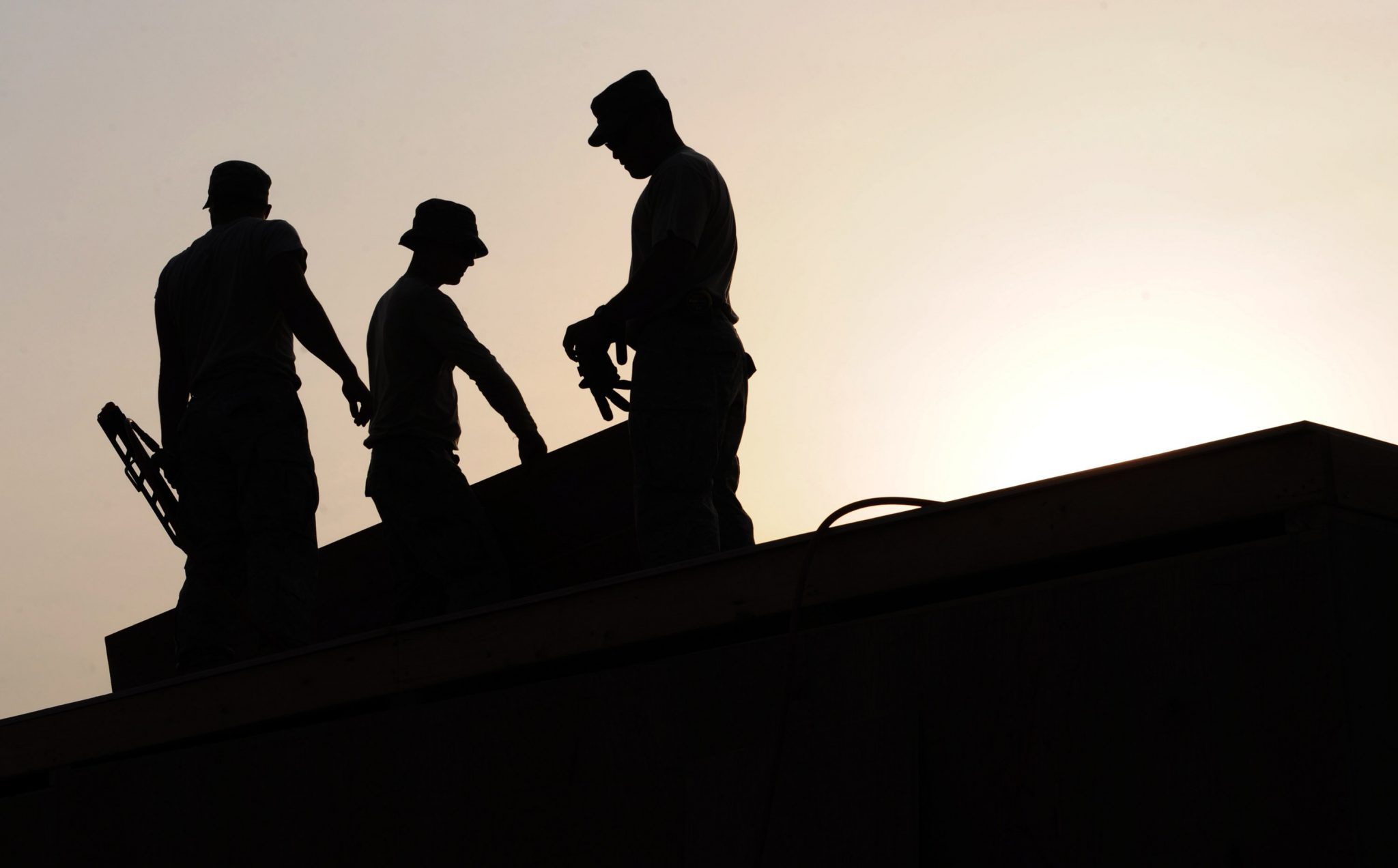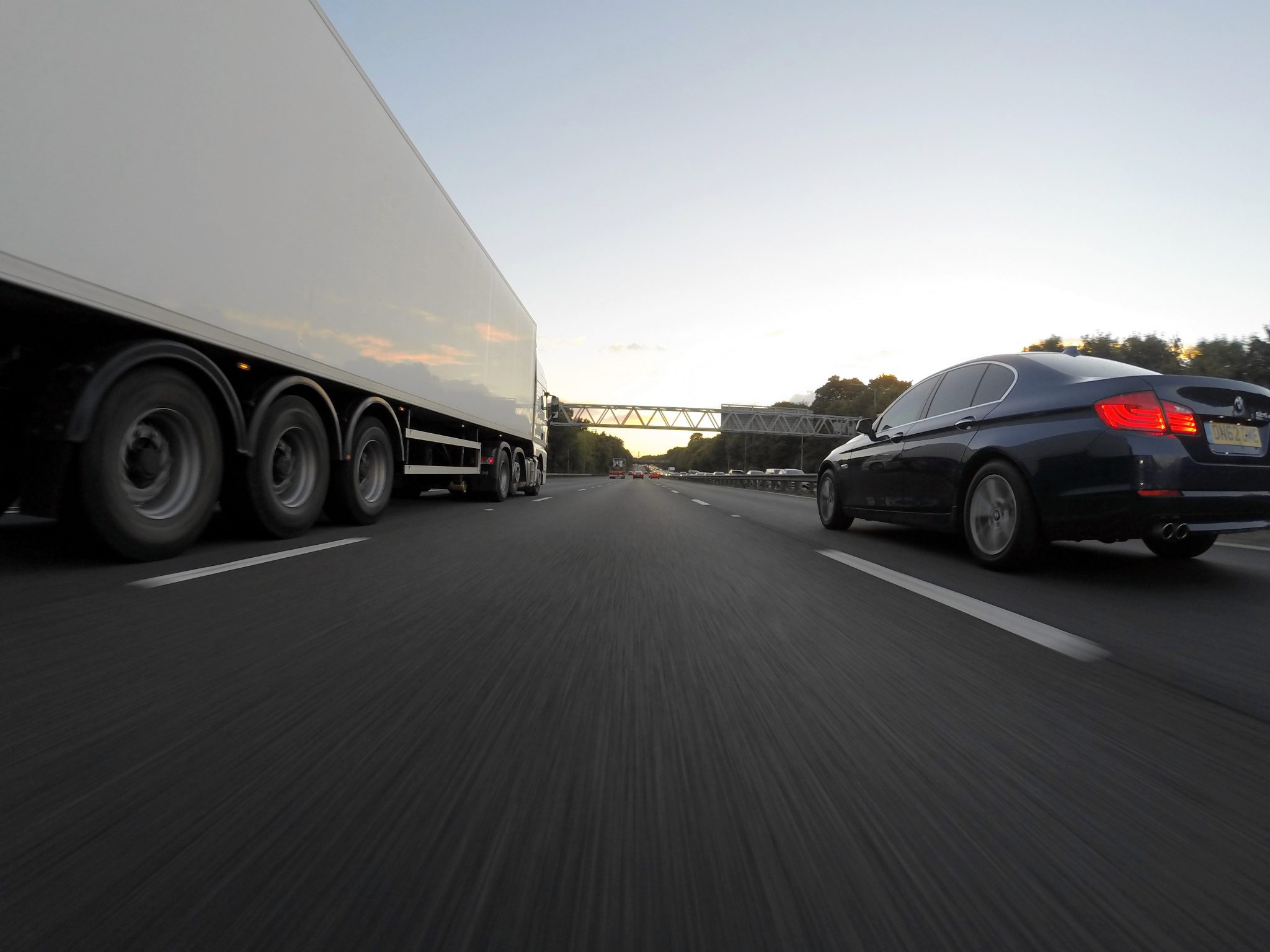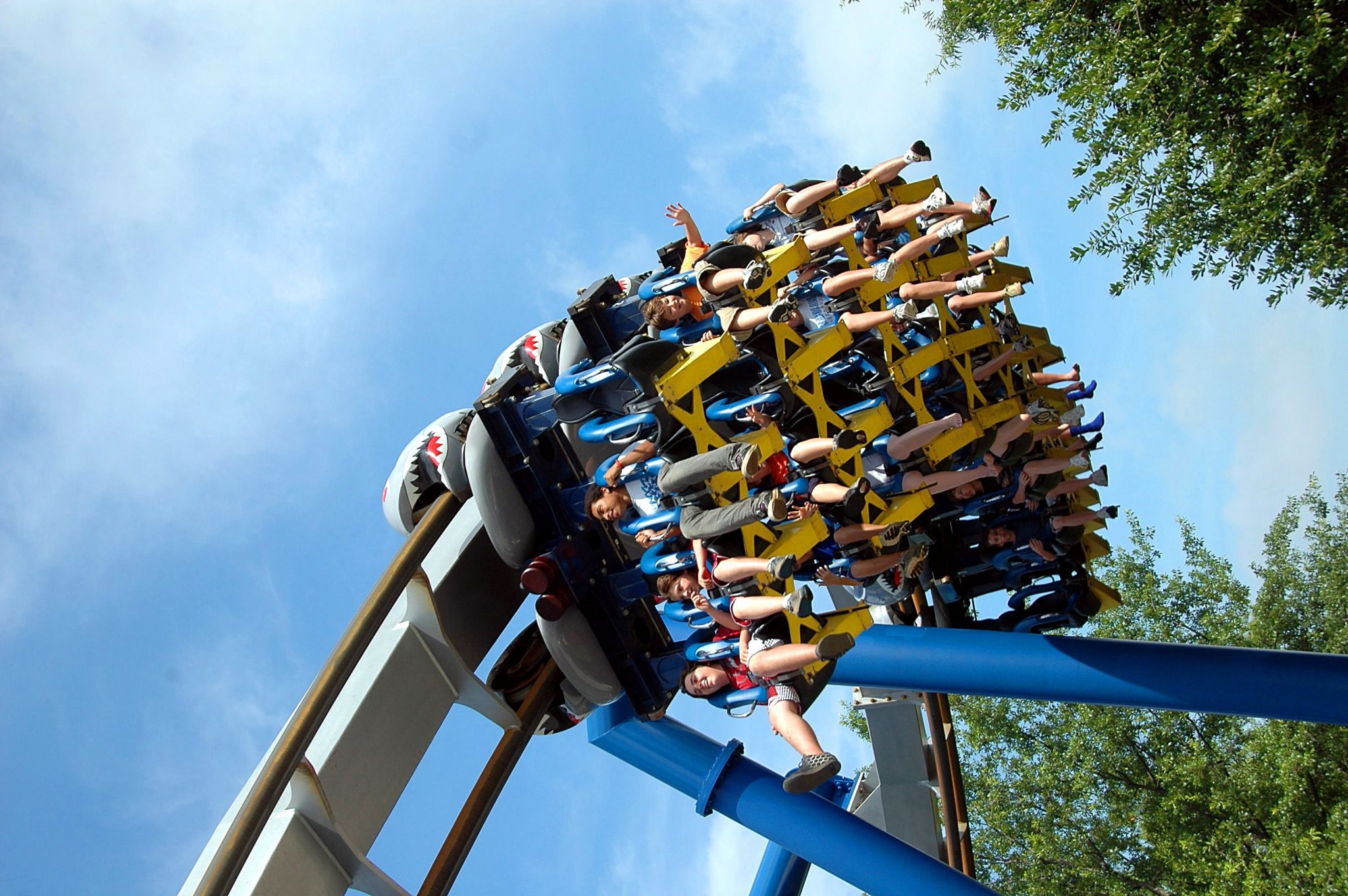
Can You Be Fired for Filing a Workers’ Compensation Claim?
January 18, 2019
Semi-Truck Accident Liability Laws in Florida
March 11, 2019Who Is Liable If You Get Injured in an Amusement or Water Park?

With summer around the corner, many families will be taking a trip to one of Florida’s many amusement or water parks. While you may not think too much about the potential for park-related injuries, they do happen. According to a report by USA Today, nine serious accidents occurred at U.S. water parks, amusement parks and carnivals during the spring and summer of 2017, and several of those were deadly.
When that occurs, it’s common for the affected party to have questions about liability and whether the park owners should be held responsible for expensive medical care or even funeral costs. Unfortunately, the answer is rarely cut-and-dry. There’s a lot of complexities involved that each park-goer should be aware of in case the worst were to happen this summer.
Here’s a breakdown of certain situations in which a park may or may not be considered liable.
When a Park Might Be Liable
Negligence
Negligence occurs when a business or property owner has failed to provide a safe environment due to carelessness or inadequate attention to safety, maintenance and proper procedure, resulting in the injury of a customer or guest.
In the case of an amusement park, that could mean an injury occurred because:
- A ride was in poor condition
- The park failed to perform safety inspections
- Adequate safety or operating instructions weren’t supplied to the customer
- Employees weren’t adequately trained on safety guidelines
- There was a lack of posted warnings or known risks for a certain ride or park activity
If you were injured at an amusement or water park, in order to take legal action, you will have to prove that:
- The defendant, or park management, acted with carelessness despite existing laws requiring them to keep customers safe, and
- Their negligence resulted in an injury
Product Liability
Product liability refers to the responsibility incurred by a manufacturer that designs and sells a defective product. In terms of amusement parks, product liability cases often result from faulty ride equipment or machinery leading to the injury of a customer or even a park employee.
In these instances, the ride or part manufacturer could be held liable if the defective product is proven to be the cause for injury. For example, if a faulty seatbelt causes a roller coaster rider to be thrown from their cart, the seatbelt manufacturer could be viewed as more at fault than park management.
Premises Liability
Premises, or occupiers’, liability refers to the lawful responsibility landowners have to keep their premises free from hazards. In simple terms, any time a person is hurt on someone else’s property, the property owner could be held liable due to premises liability laws.
In the case of amusement or water parks, slippery sidewalks, falling objects, drowning or dangerous construction and maintenance zones are all examples of potential premises liability hazards.
When a Park Might Not Be Liable
Assumption of Risk
It’s important to note that amusement parks have credible defenses for these instances. One such example came in 2012 when a woman broke her wrist while on a bumper car ride at a California amusement park. The court ruled that the ride and similar rides have an inherent risk attached that consumers are aware of, and thus the park could not be held liable for that particular injury.
This is referred to as assumption of risk. Essentially, if a person knowingly takes part in a risky activity, such as riding bumper cars, it could be argued they are knowingly putting themselves at risk for injury.
Assumption of risk laws differ by state. Some states will not rule in favor of an injured person who has “assumed the risk” in almost any circumstance, some may simply reduce the liability of a park and others may not recognize the assumption of risk defense at all. In Florida, assumption of risk laws are applicable in limited situations, such as playing contact sports. In other areas, such as amusement park injuries, there’s a gray area.
Judgments are determined on a case-by-case basis. Assumed risk may not apply if there isn’t adequate warning provided by park management, for example. If a person was not made aware of the risk through safety instructions or clear signage, the argument could be made that they’re not aware of the risk at all, which could be grounds for a personal injury lawsuit. Similarly, assumption of risk may not apply if the risk was due to a defective part or the ride being in poor condition.
Rider Non-Compliance or Responsibility
Of course, if a customer knowingly broke park rules or did not comply with safety instructions and was injured as a result, the park will likely be able to use this as a defense. In fact, it might quash the customer’s case completely.

